On Monday, December 17th, 2018, Congress passed the 2018 Farm Bill after months of back-and-forth, and on Thursday, President Trump signed the 807-page document into law. This bill sets the stage for CBD to go big-time, with a huge wave of new products such as CBD coffee, CBD skincare, and CBD-anything... to an extent.
The US Food and Drug Administration (FDA) has much to say about what CBD products can legally be produced and how they can be marketed. Meanwhile, the US Department of Agriculture plays the role of approving state-by-state hemp cultivation plans. However, each state is responsible for creating its own hemp laws and hemp cultivation programs. This means the Farm Bill has left a lot of confusion between state and federal policy.
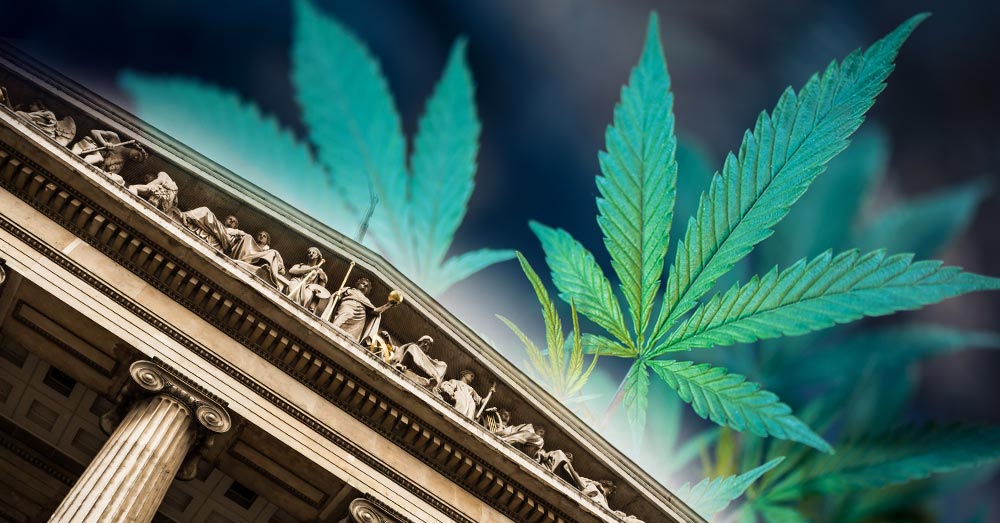
What the 2018 Farm Bill Says About Hemp
First off, it’s important to distinguish industrial hemp from marijuana. Both are of the species Cannabis, however, the Farm Bill gives industrial hemp a specific definition:
Hemp. The plant species Cannabis sativa L. and any part of that plant, including the seeds thereof and all derivatives, extracts, cannabinoids, isomers, acids, salts, and salts of isomers, whether growing or not, with a delta-9 tetrahydrocannabinol concentration of not more than 0.3 percent on a dry weight basis.
Establishment of a Domestic Hemp Production Program. (2019, October 31). USDA Interim Rule.
Although both marijuana and hemp are varieties of the Cannabis sativa species, industrial hemp is classified by law as containing less than 0.3% of the psychoactive compound delta-9-THC (tetrahydrocannabinol). Simply put, hemp will not get you high and is not supposed to! Marijuana, on the other hand, is cannabis with more than 0.3% percent delta-9-THC.
The Farm Bill explains all the legal requirements that must be met by hemp farmers, CBD extractors, and cannabinoid testing labs. However, the implementation of related regulatory processes gets passed on to state governments and the FDA.
Are All Hemp And CBD Products Legal Now?
Because of the FDA's guidance and interpretation of the Farm Bill, not all hemp and CBD products are legal now. The FDA approved the pharmaceutical drug Epidiolex, a CBD isolate. They use this as a basis to claim that all CBD isolate is now a pharmaceutical ingredient and must abide by pharmaceutical regulation and production processes.
Retail CBD isolate exists in a very large 'gray area' because of this. Retail CBD companies cannot register with the FDA and do not use pharmaceutical production practices. In this way, the FDA has blocked the path for retailers to produce CBD isolate in a compliant fashion.
A similar issue exists for products like CBD gummies. The FDA has stated that CBD cannot be added to food. However, these products do exist on the market, and the FDA has not offered a solution to the companies that produce them.
Is CBD a Dietary Supplement?
The main issue between the FDA and CBD is that similar products would normally be regulated as dietary supplements. However, the FDA is not allowing CBD companies to register as such.
This means that CBD products cannot be marketed as dietary supplements. This also means that even if a company wanted to comply fully with the FDA, there is no possible way to do so! The FDA does seem to be allowing CBD as a cosmetic or topical ingredient as long as no health-related claims are made and as long as the products do not contain transdermal carriers like DMSO.
The FDA is and will continue to issue warning letters to companies that are not complying with its CBD policies.
Will I Be Able to Buy CBD In My State?
Not necessarily. The Farm Bill says that although these federal guidelines now exist, each state is still free to create its own regulatory framework around industrial hemp.
Right now, every state has its own views on hemp, and that’s not likely to end just because of the Farm Bill. For example, while hemp is legal in most states, Idaho and South Dakota do not have permissive hemp legalization policies and do not allow hemp farming.
Final Thoughts on The Farm Bill
Clearly, there are still a lot of uncertainties swirling around the CBD landscape. But, overall, the Farm Bill has opened up the US hemp market. Many issues still need to be worked out, including state-specific hemp farming, testing methods, reporting standards, and ultimately the FDA approval path for retail CBD products.
Farm Bill 2020 Updates
The hemp and CBD industry was very hopeful that 2020 would be the year for the FDA to provide a clear regulatory path for CBD. However, with the novel coronavirus pandemic underway, vaccination development has taken a front seat. CBD companies are still operating in a regulatory 'gray area.' Many are doing their best, but others are falling short. The FDA has responded by continuing to issue warning letters to CBD companies making health claims and other infractions.
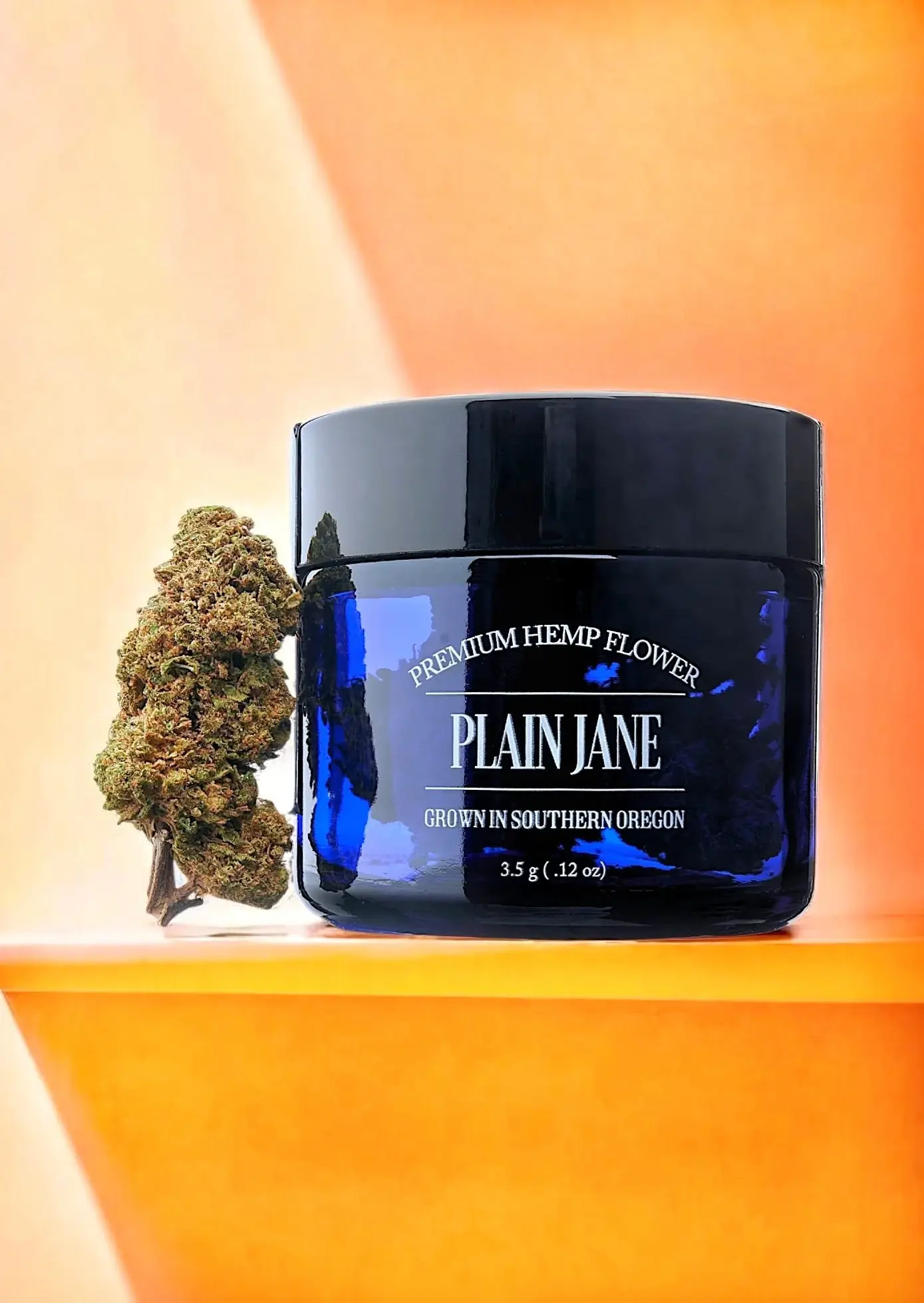
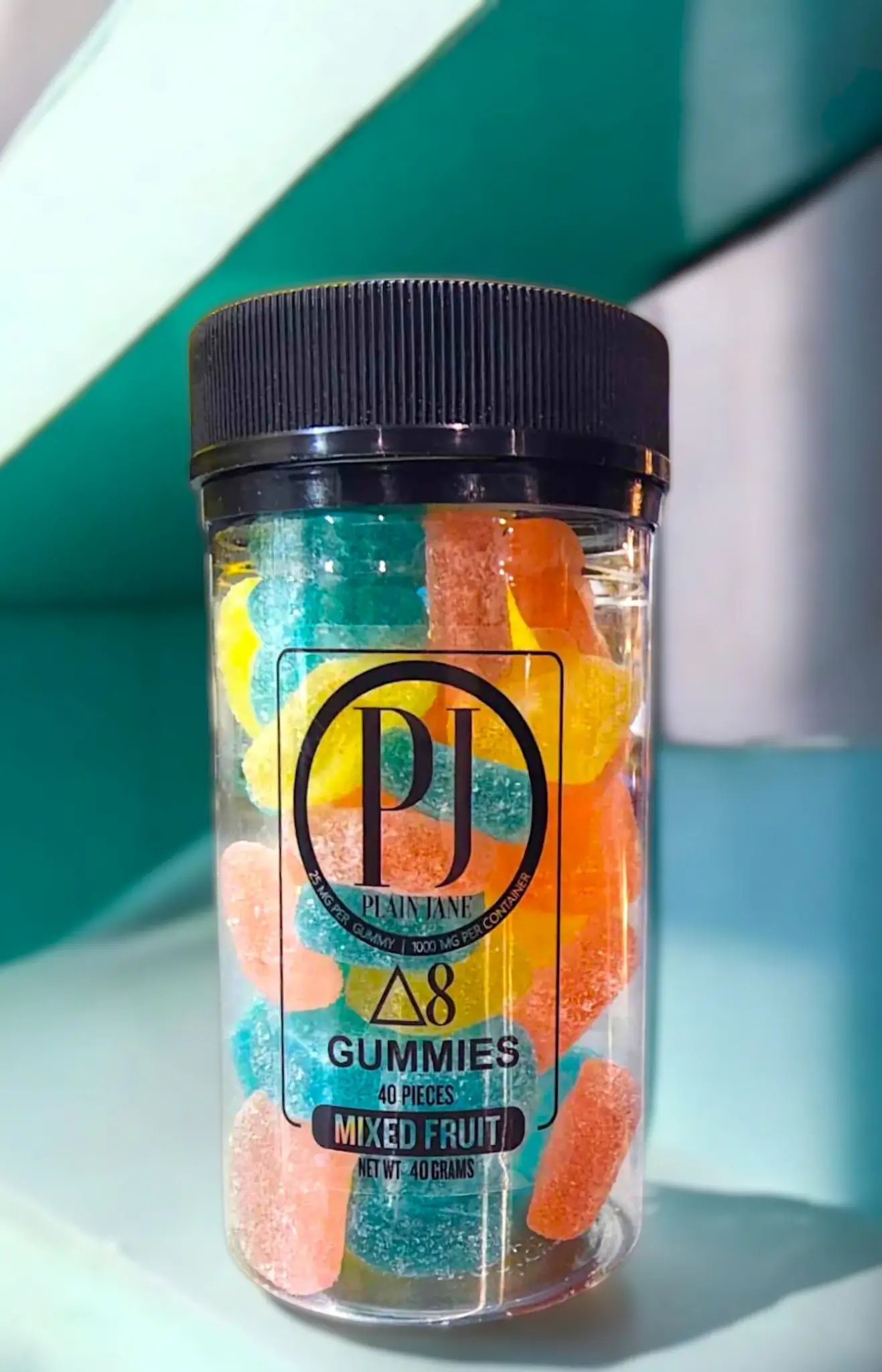
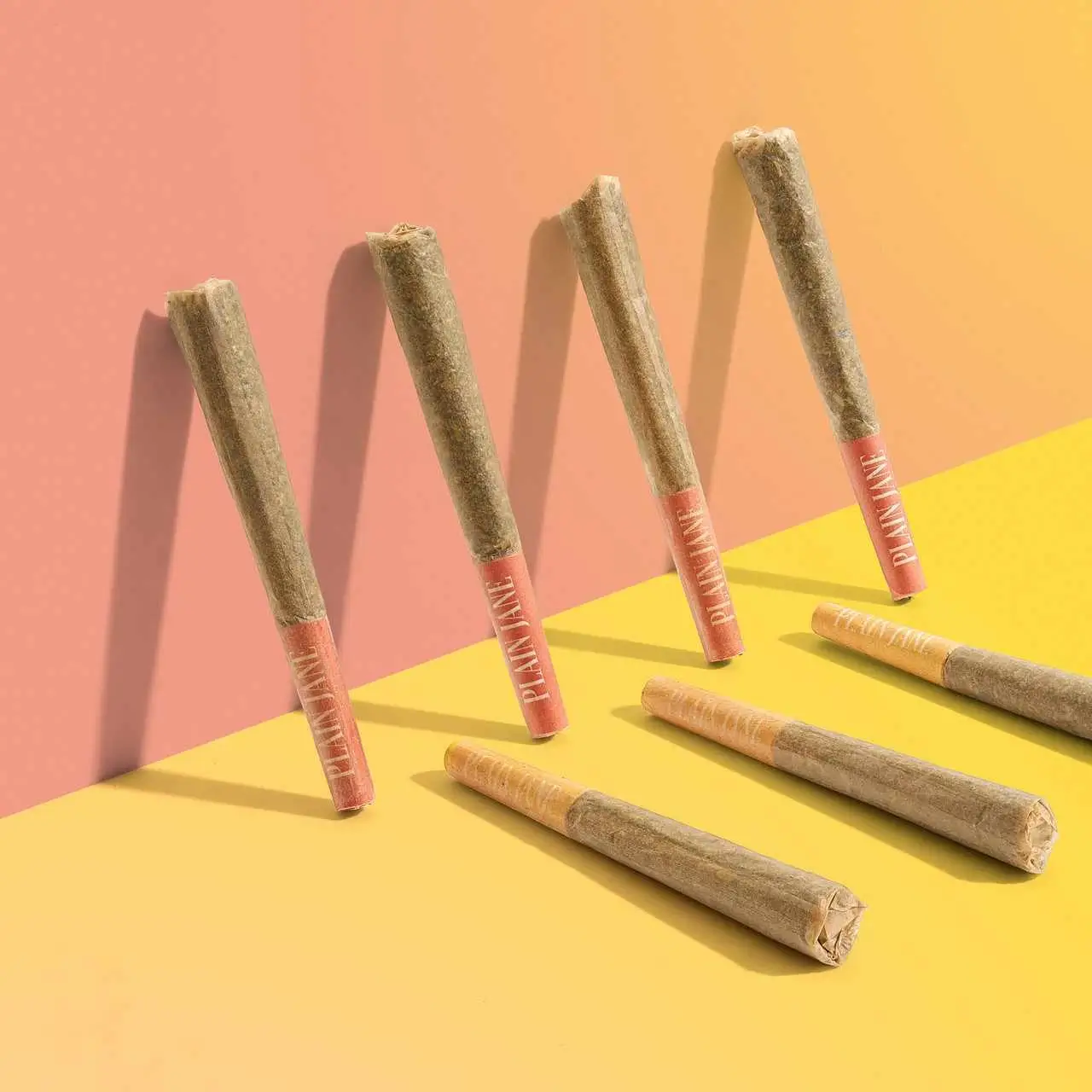

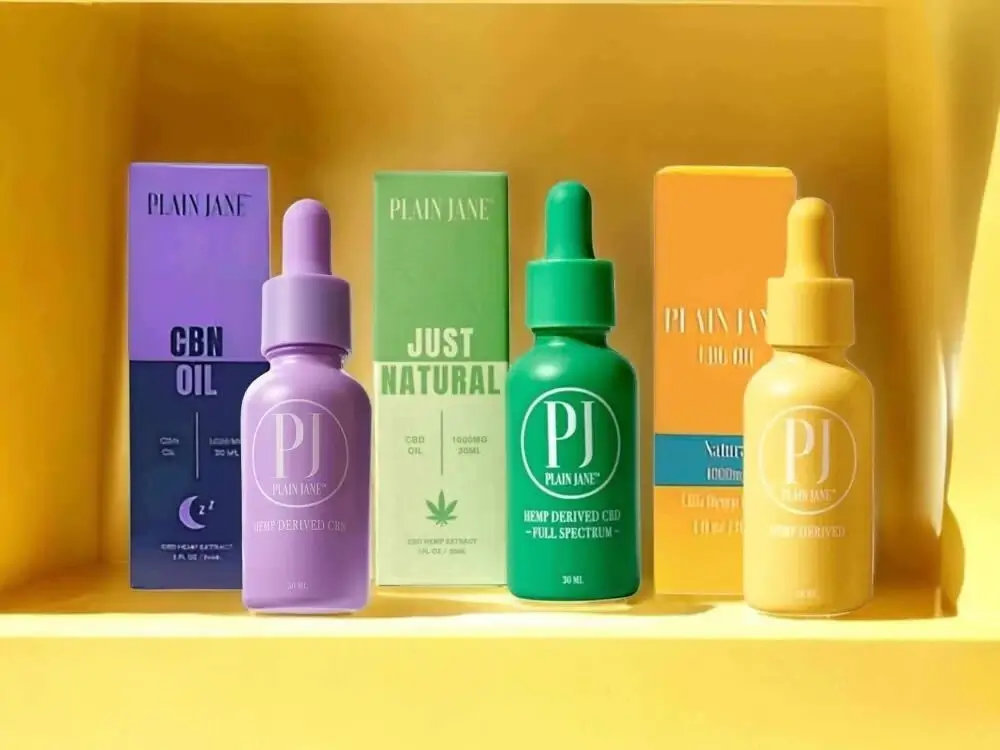
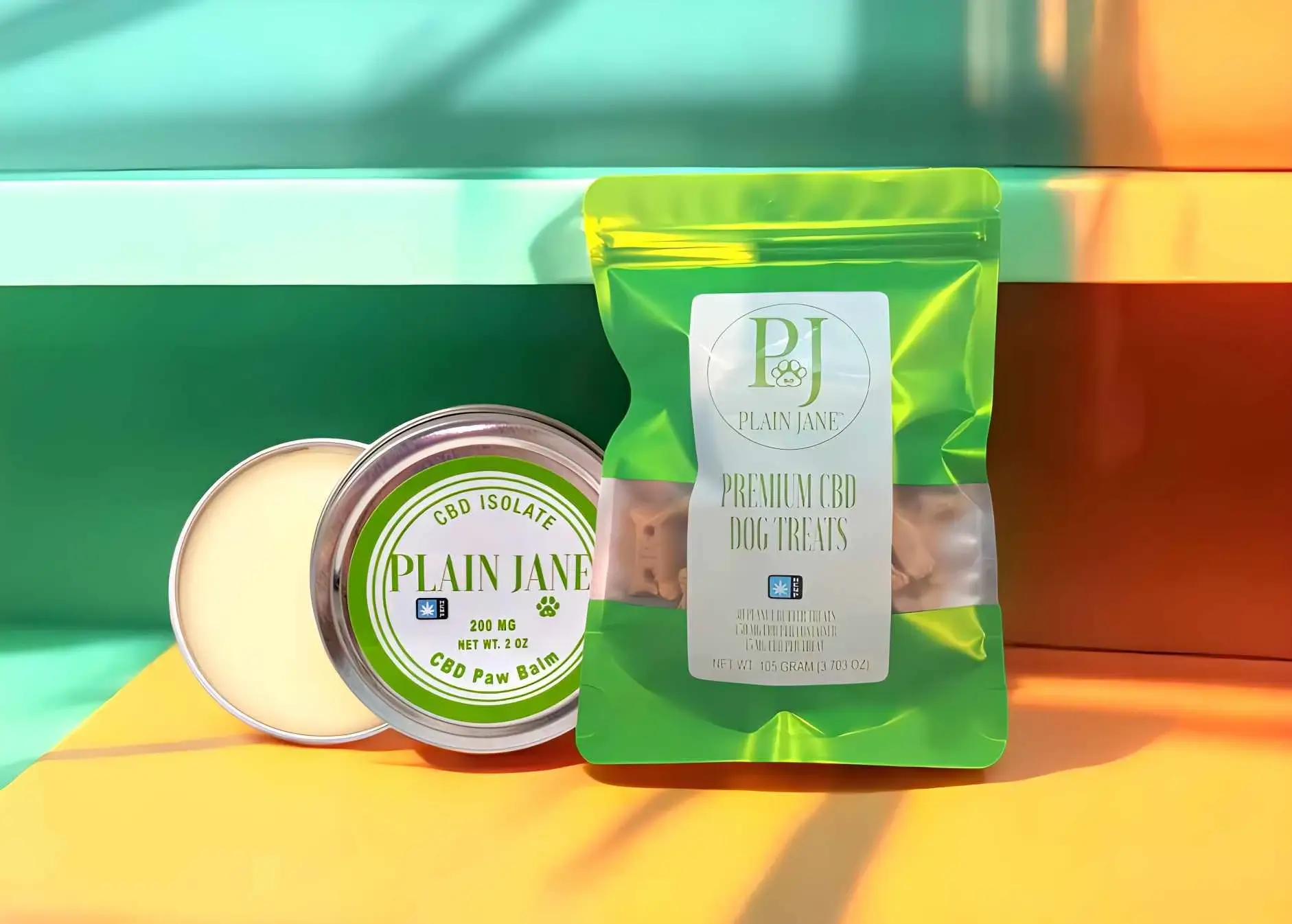
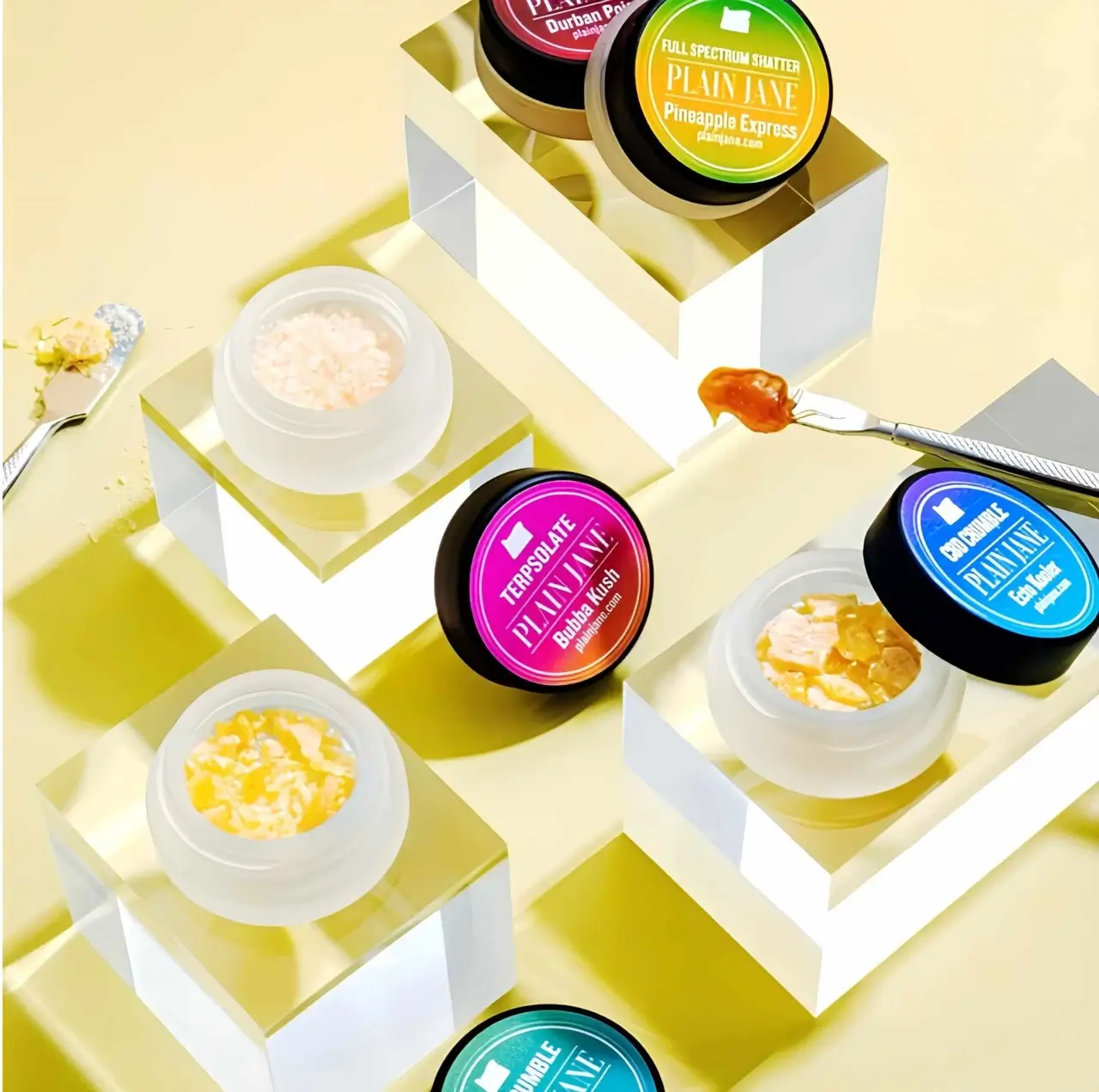
0 comments